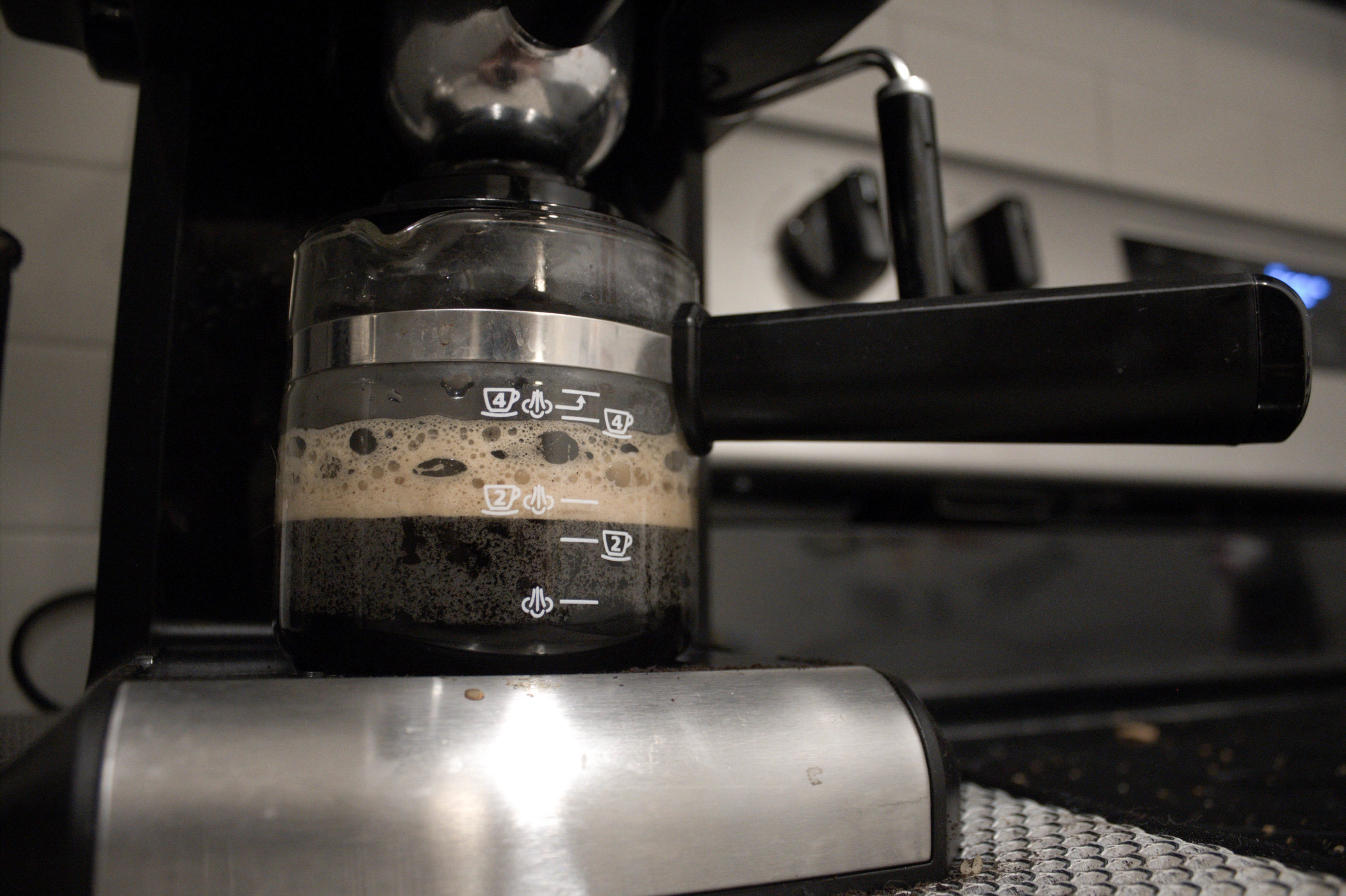Students are often seen with a cup of coffee in hand on campus. Coffee has more caffeine than tea and often has more flavoring options as well. Tea — in addition to other caffeinated drinks — will always be inferior to coffee.
A student’s love for coffee most commonly stems from the amount of caffeine in just a single cup of the beverage. The United States Department of Agriculture has measured this amount to be 95 milligrams, significantly higher than the 27 milligrams found to be in an average cup of tea.
This increased amount of caffeine allows students to stay alert during lectures and late-night study sessions, leading many students to declare their enthusiasm toward the drink.
“I can drink a cup and be going for hours without needing more energy,” sophomore history education major Reggie Burnette said.
With long school days and even longer nights filled with studying, caffeine can be a grade-saver. Along with these benefits, it is not just the pleasure derived from a caffeine-fueled boost that makes the drink so desirable.
The Mayo Clinic states that coffee enhances cognitive function. This uplifting feature within coffee does more than just preventing students from nodding off during a late-night cram session — it also relieves depression and other emotional discomforts.
With one in three college students experiencing mental illness, according to The Conversation, the caffeinated comforts of a cup of coffee cannot be understated.
Coffee also has many long-term health benefits. Harvard Medical School explains some of the vast health benefits associated with drinking coffee, including a decreased risk of dementia, liver and uterine cancer, cardiovascular disease, Parkinson’s disease and Type 2 diabetes.
Meanwhile, drinking tea may increase a consumer’s risk of prostate cancer, cardiovascular problems and constipation, according to Times Food.
Rush University states that health benefits in coffee are due to polyphenols which are antioxidants that slow and prevent damage done to cells. John Hopkins Medicine says that the compound also reduces inflammation, which guards against the onset of many diseases.
Students can feel good about their favorite cup of joe knowing that it provides so many health benefits, including an increased life span.
Studies by the American Heart Association found coffee to give an eight to 15 percent reduction in overall mortality risk. Similarly, Rush University also published findings that conclude how many who enjoy coffee also enjoy health benefits that drinking coffee includes.
Students must be wary when adding sugars and creamers, as they can cause the health benefits of coffee to decline.
Too much sugar or unhealthy fats found inside creamer are not what the body needs, according to John Hopkins Medicine. To create sweet extra flavor, students should try flavoring such as vanilla extract, cardamom, cinnamon or cocoa powder instead. These are healthy alternatives that still deliver sweet, flavorful coffee concoctions.
Whether flavored or just kept black, coffee will always hold superior to watery, bland tea drinks. With more caffeine and an abundance of health benefits, this dreamy beverage is truly a student’s best friend.


